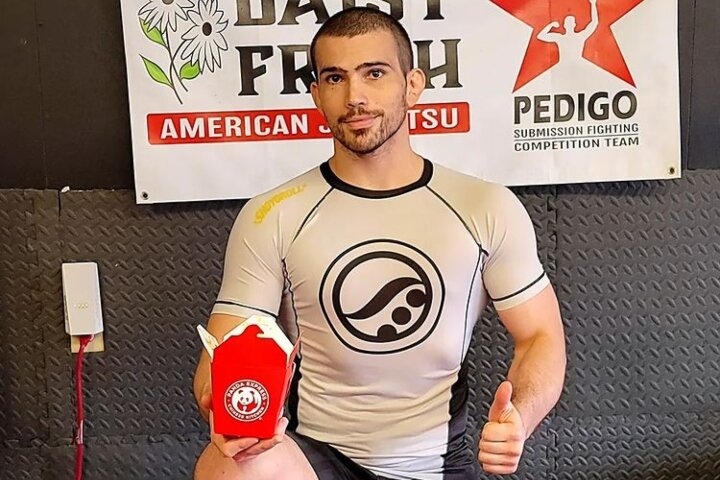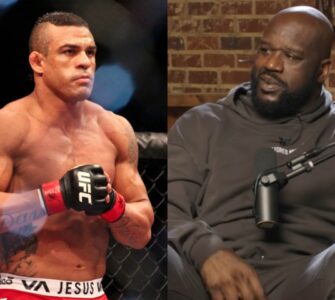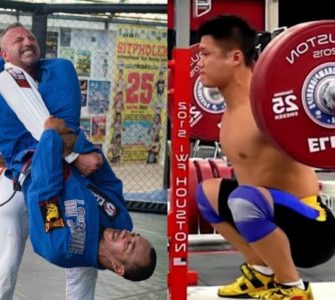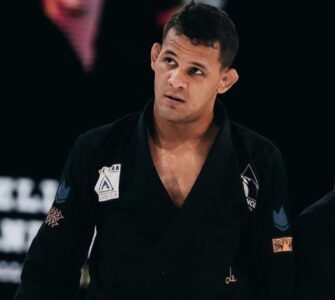One of the most frequently debated topics in the world of Brazilian Jiu-Jitsu is: “Which ruleset is best for Brazilian Jiu-Jitsu matches?”
And, well, Craig Jones has a rather unique answer.
Some might call it subjective, even:
People talk about what’s the best ruleset [for Brazilian Jiu-Jitsu matches].
If you ask me, the best ruleset is the ruleset I can win in.So, those rulesets are honestly few and far between.
But me taking on Felipe Pena in EBI rules, that’s the best for me.
Andrew Wiltse, Brazilian Jiu-Jitsu black belt, recently shared his thoughts on the optimal rule set for BJJ competitions in an interview on the Wim Demeere Podcast. The discussion centered around the effectiveness of various rules in promoting a fair and dynamic competition environment.
Wiltse began by expressing his strong disapproval of Eddie Bravo’s Invitational rules, “I [__] hate his invitationals… They incentivize stalling so much.” He critiqued the format for encouraging competitors to merely survive until overtime, rather than actively engage in combat. Wiltse’s primary concern is that such rules do not foster the right incentives for competitors, nor do they enhance viewer entertainment.
Discussing his ideal rule set, Wiltse emphasized the importance of points, “I like points in a match because points make positional dominance matter,” suggesting that a lack of points can diminish the significance of strategic positioning. He proposed a system where pulling guard without first engaging in stand-up combat would result in a penalty, either losing an advantage or a point. This change, he believes, would encourage athletes to develop takedown skills and engage more on their feet.
Wiltse also suggested modifications to the scoring system, “I would make side control be worth three points and not be passing the guard points,” arguing that achieving side control directly from a throw should be rewarded more than passing the guard after a throw. He also expressed his opinion on removing points for knee-on-belly, citing its relative ineffectiveness in no-gi BJJ compared to MMA.
Regarding match duration, Wiltse advocated for seven to eight-minute matches to incentivize athletes to maintain a high pace and offensive strategy. He drew parallels to the early days of UFC, noting how unlimited time led to prolonged, uneventful matches. Wiltse believes that shorter durations will ensure a more dynamic and engaging competition for both participants and spectators.
On the topic of slams, Wiltse expressed a conditional acceptance, “I want there to be slams… if there’s gonna be slams, I want there to be springs underneath.” He argues for additional safety measures in professional settings to prevent injuries when slams are permitted. Furthermore, he proposed that slams could be worth extra points, adding an exciting element to matches.
Wiltse’s insights reflect a desire for a BJJ competition format that balances the traditional aspects of the sport with the need for dynamic, engaging matches. His proposed rule set aims to encourage active engagement, reward strategic positioning, and ensure athlete safety, all while maintaining the sport’s integrity and entertainment value.


















